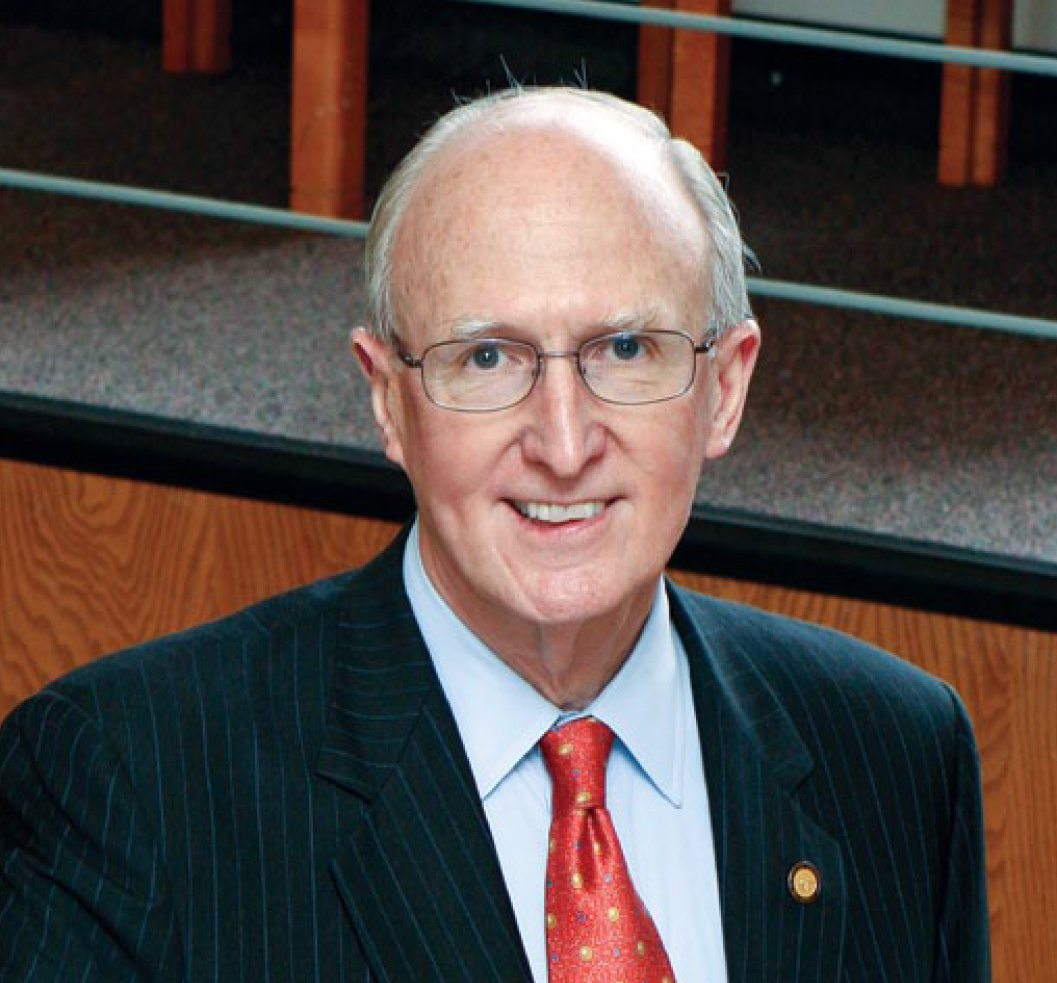Of course black lives matter!
While commenting on the chants and signs proclaiming “Black Lives Matter,” a white colleague said, “All lives matter.”
Yes, I replied, all lives matter, but we need to be reminded that black lives matter because it is black lives that are being eliminated by police violence. And we know only about those killed by bullets and bullies. What about the others who are “killed” behind closed doors and by Covid-19, toxic water, lead paint, failing schools, a privatized prison system and job discrimination, among other ills visited upon black people.
I asked my colleague if he ever worried when his son goes to a mall with friends. Imagine you’re black, I said. Would you be concerned then, since we know that black people are harassed more often than whites and are killed in their homes and suburban neighborhoods by white police.
How many times have we heard of black professionals being mistaken for maintenance staff? How often have we read about black students being asked why they’re in a university lounge, as if they don’t belong there?
We hear the protests of the killing of George Floyd, Breonna Taylor, Ahmaud Arbery and so many others, but do we hear the cries of anguish of those who suffer the malignancy of daily slights and sights? The slights of having one’s name questioned because it seems foreign. The sights of statues honoring generals who wanted to maintain the slave system.
I was fortunate to grow up in Mount Vernon, N.Y., where I had black friends in every grade of school. Even in college, although it was majority white, I had black friends — even one who today is a raving libertarian. But even with these experiences, I have to remind myself of white supremacy, of the many ways in which I have been advantaged in life, despite the fact that my mother died when I was 9 and my father went bankrupt due to the medical bills. We were poor but white, and even that gave us advantages.
Racism is endemic. We must speak out against it, not in a patronizing way but as a patriotic act. For if we do not correct our nation’s original sin, this country whose ideals I admire will soon perish from its rotten core.
The sin of slavery and the dehumanization of black people was codified in our Constitution, written into law, condoned by churches and confirmed by courts. Through theology, political protocols, economic priorities and educational practices, black individuals, families and communities have been disadvantaged in American society. These are the sources of white supremacy and relative wealth.
It’s time for white people to acknowledge these injustices. It’s time for white Americans to acknowledge the justification for affirmative action. It’s time for white Americans to care about equal access to health care, education, job opportunities and justice for all Americans without regard for race, gender or background. To care about others is to care about the ideals on which this country was founded, even when those ideals were flawed in execution.
These ideals are stated as, “We the people” — not some people — “in order to form a more perfect Union, establish Justice, insure domestic Tranquility, provide for the common defense, promote the general Welfare, and secure the Blessings of Liberty to ourselves and our Posterity, do ordain and establish this Constitution for the United States of America.” This is a promise to pursue these ideals, not of perfection at the time of writing, but if we do not maintain this pursuit after more than two centuries of trying in fits and starts, we will surely perish as a nation.
To affirm that these ideals apply to all Americans, black, white and other, is a form of reparation worth standing up for, a major but easy first step. Then they can become an action agenda for university and business leaders, elected officials and community activists to ensure voting rights as well as basic human rights. If we do not support our neighbors, whether near or far — if we do not affirm that, yes, black lives matter — we will certainly find that the center, the core, will not hold.
Robert A. Scott is president emeritus of Adelphi University.

 39.0°,
Fair
39.0°,
Fair 




